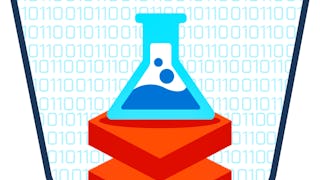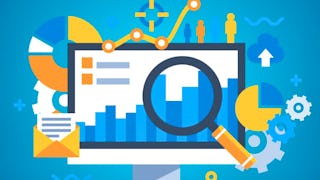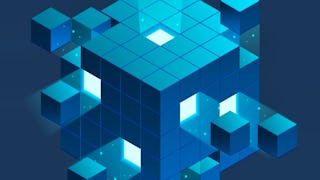Updated in May 2025.
This course now features Coursera Coach! A smarter way to learn with interactive, real-time conversations that help you test your knowledge, challenge assumptions, and deepen your understanding as you progress through the course. In this course, you will learn how to automate and implement projects in Azure Databricks, empowering you to efficiently manage workflows, code repositories, and automation features. By the end of the course, you’ll gain practical experience in building robust data engineering solutions with Azure Databricks, making you proficient in project automation techniques within a cloud-based platform. The course begins with an introduction to Databricks' project and automation features, including managing code with Databricks Repos, creating workflows, and working with both the Databricks REST API and CLI. As you progress, you'll learn how to set up and manage your Databricks environment, storage solutions, and implement security and resource policies for a complete solution. You will also be guided through building and testing your code, with a focus on integrating data through bronze, silver, and gold layers. The capstone project allows you to apply your learning practically. You'll start with designing your project’s scope and proceed through implementing essential stages such as decoupling data ingestion, setting up a unified catalog, and integrating source control. As you design and implement various layers in your architecture, the project will lead you to integration testing and continuous integration/continuous deployment (CI/CD) pipeline development. This course is ideal for data engineers, cloud engineers, and developers who wish to enhance their skills in Databricks and automation. Some familiarity with cloud computing concepts and basic coding skills are recommended, and the difficulty level is intermediate, suitable for those with a foundational understanding of data engineering or Azure services.


















